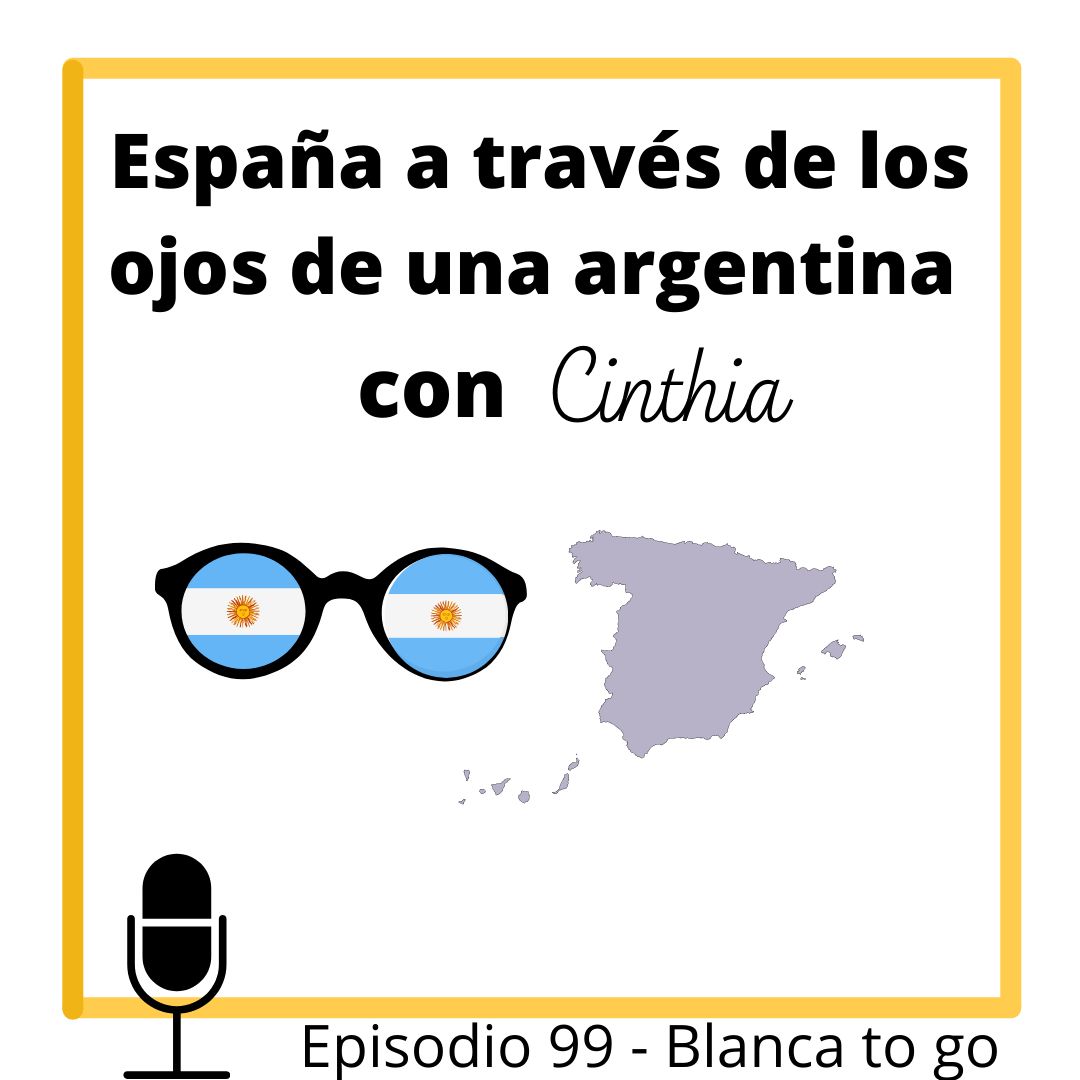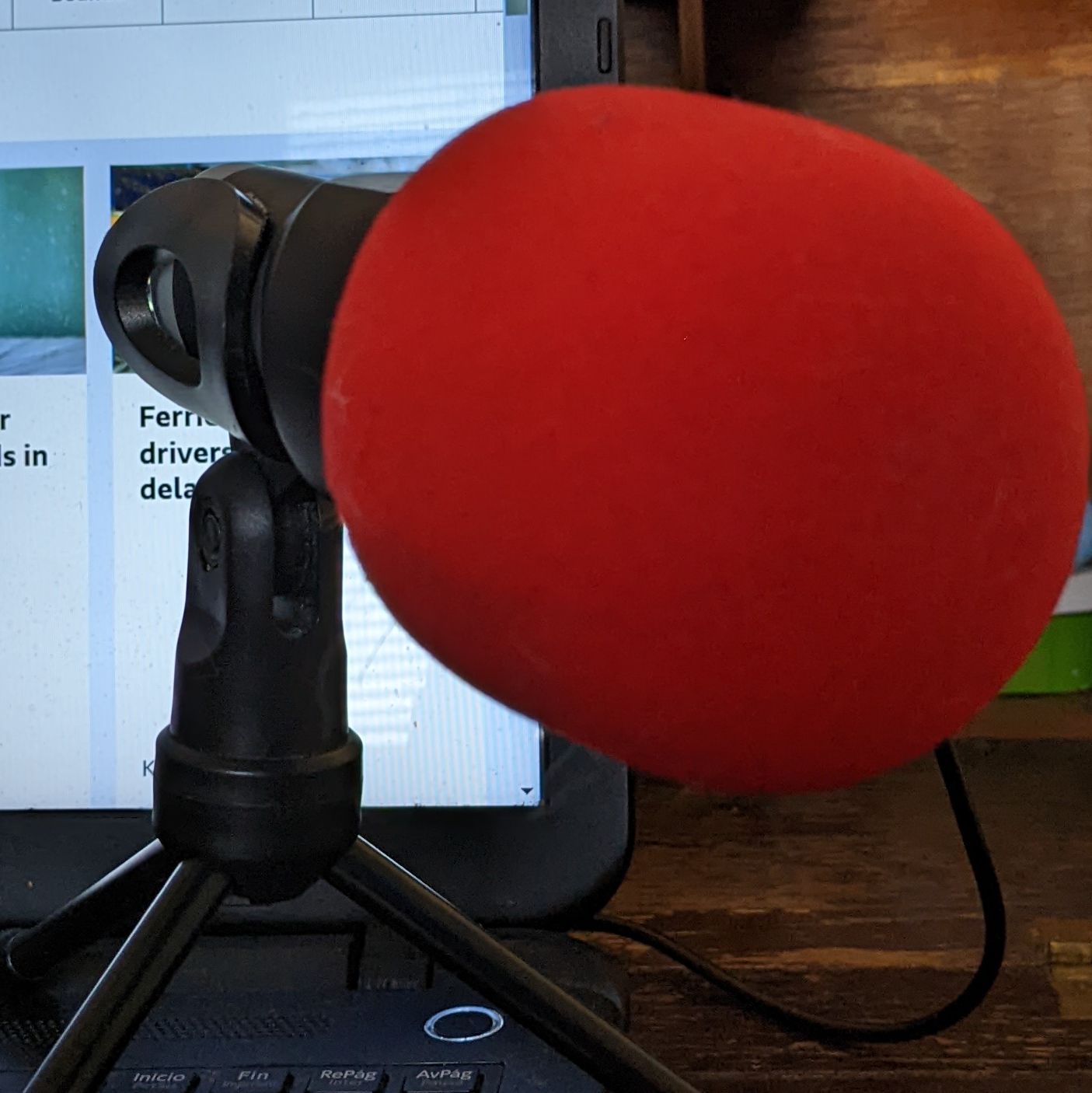Search from various English teachers...

Reading Practice & Comprehension. How to spot fake news.
Description
Every time you're online, you are bombarded by pictures, articles, links and videos trying to tell their story. Unfortunately, not all of these stories are true. Sometimes they want you to click on another story or advertisement at their own site, other times they want to upset people for political reasons. These days it's so easy to share information. These stories circulate quickly, and the result is … fake news.
There is a range of fake news: from crazy stories which people easily recognise to more subtle types of misinformation. Experts in media studies and online psychology have been examining the fake news phenomenon. Read these tips, and don't get fooled!
1. Check the source
Look at the website where the story comes from. Does it look real? Is the text well written? Are there a variety of other stories or is it just one story? Fake news websites often use addresses that sound like real newspapers, but don't have many real stories about other topics. If you aren't sure, click on the 'About' page and look for a clear description of the organisation.
2. Watch out for fake photos
Many fake news stories use images that are Photoshopped or taken from an unrelated site. Sometimes, if you just look closely at an image, you can see if it has been changed. Or use a tool like Google Reverse Image search. It will show you if the same image has been used in other contexts.
3. Check the story is in other places
Look to see if the story you are reading is on other news sites that you know and trust. If you do find it on many other sites, then it probably isn't fake (although there are some exceptions), as many big news organisations try to check their sources before they publish a story.
4. Look for other signs
There are other techniques that fake news uses. These include using ALL CAPS and lots of ads that pop up when you click on a link. Also, think about how the story makes you feel. If the news story makes you angry, it's probably designed to make you angry.
Podcast Channel
The Habits of Professionals Growing Into Strong, Confident English Communicators
Author
All episodes

What should I do? Chile, Peru or ......

AGAKURIKIWE N‘ABAGABO NTIKABASIGA

Ep.52 日本のスタバ☕️⭐️

Intro

Entre películas y amigos (con transcripción)

99- España a través de los ojos de una argentina con Cinthia de myspanishonthego

PEPITO EN LA CLASE DE MATEMÁTICAS.

Motivation, Approach to Learning and your Joy Level.
Popular episodes

Lingua Juice Podcast
What should I do? Chile, Peru or ......

Jimmy Mpano
AGAKURIKIWE N‘ABAGABO NTIKABASIGA

SeikaのPodcast🎧
Ep.52 日本のスタバ☕️⭐️

Visible Thinking & Learning
Intro

Inspirando a principiantes: Audios para nivel A2
Entre películas y amigos (con transcripción)

Blanca to go
99- España a través de los ojos de una argentina con Cinthia de myspanishonthego

CHISTES MEXICANOS
PEPITO EN LA CLASE DE MATEMÁTICAS.

Teacher Joseph's Podcast
Motivation, Approach to Learning and your Joy Level.